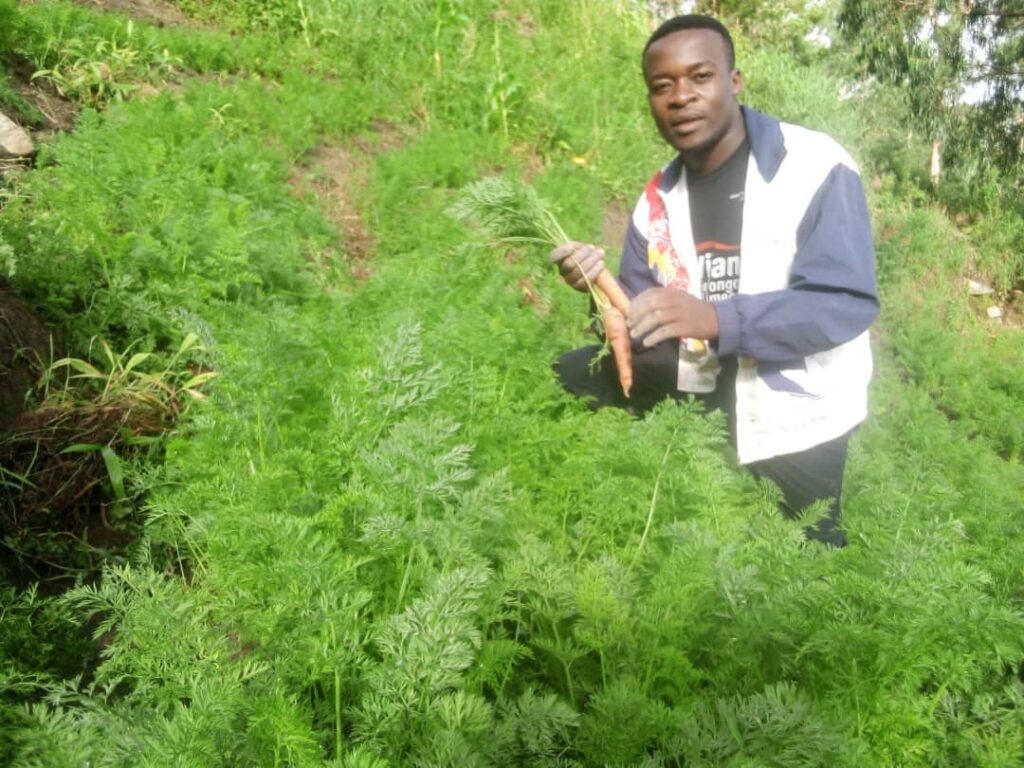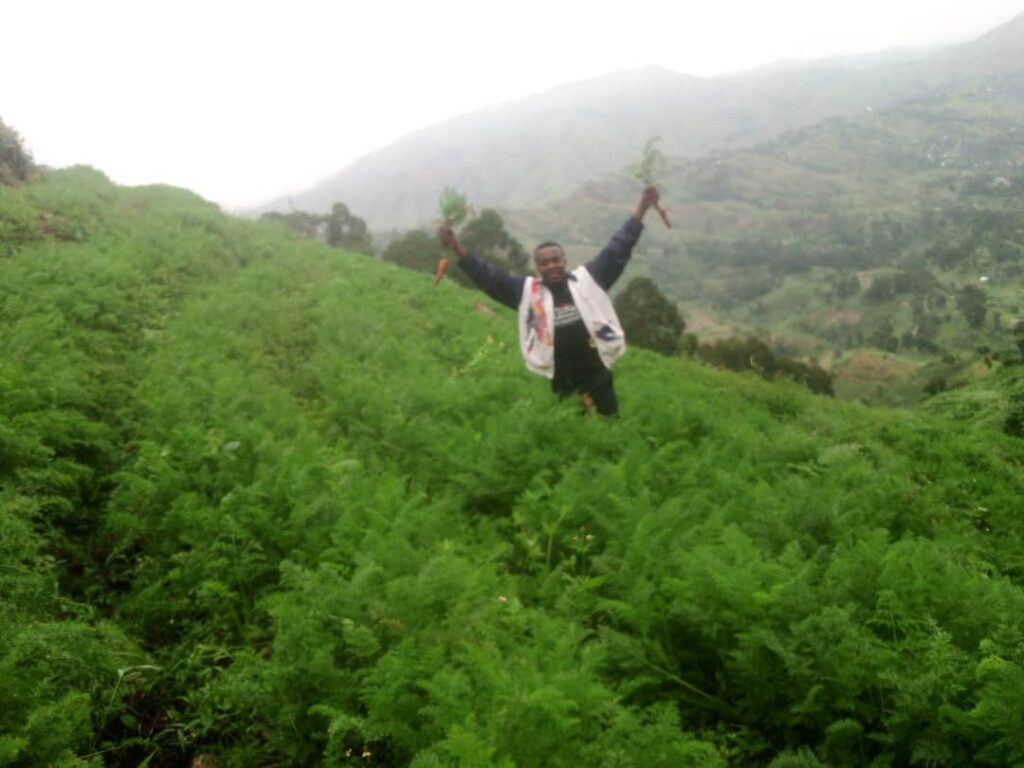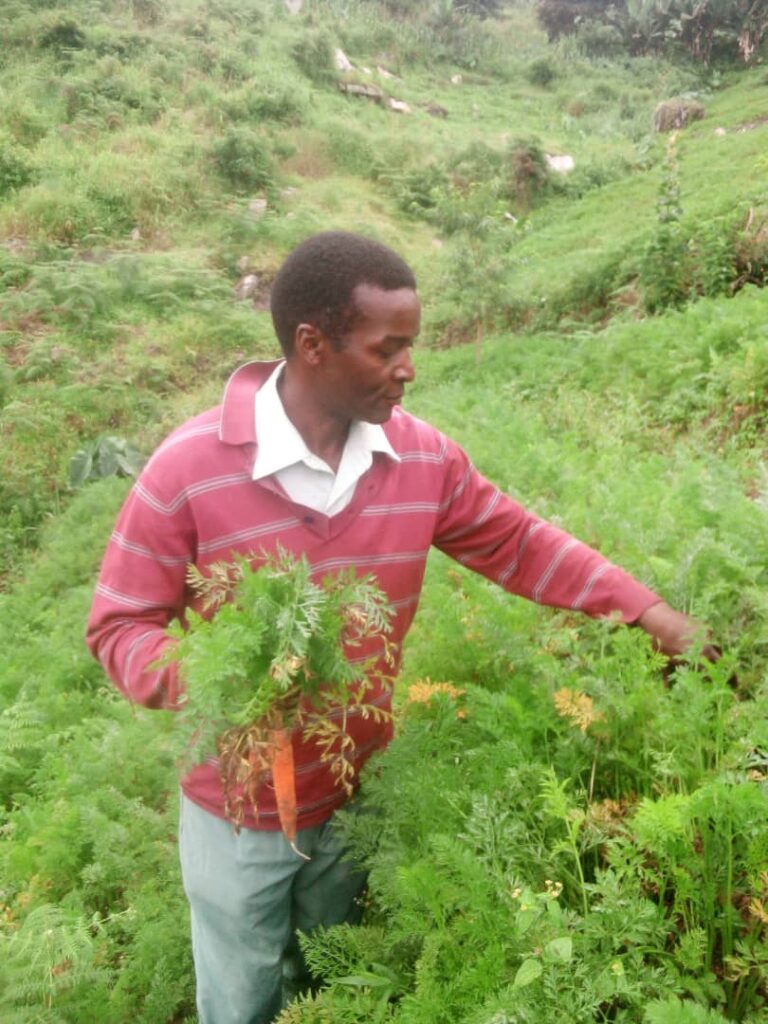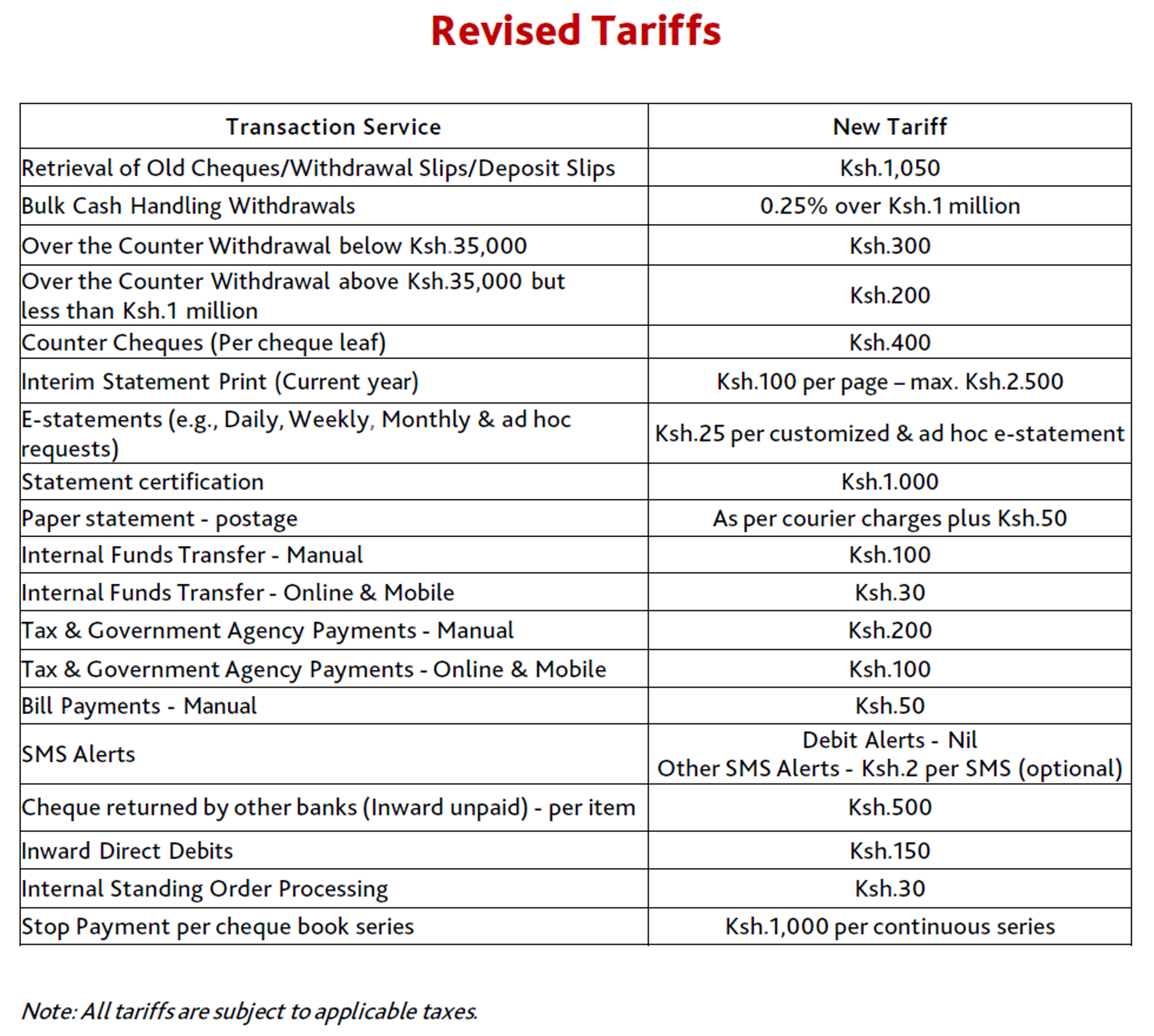Tanzania: Carrot Price Drop Shakes Mgeta Farmers to the Core
By Elizabeth Shumbusho
In January 2024, the carrot market in Nyandira, situated in the heart of Mgeta within Mvomero district, Morogoro region, showcased carrots fetching between TZS 2,000 and 2,200 per kilogram. Fast forward to February 2024, a stark contrast emerges as prices plummet to a mere TZS 700 to 800 per kilogram. Given the substantial investment funnelled into their cultivation, this drastic price drop spells a grim reality for carrot farmers in Nyandira, painting a picture of despair and disillusionment.
Jamaica Nesto, a youthful face among the farming community, voices a sentiment resonating with many: the daunting challenges now compelling a reconsideration of their agricultural pursuits. “As I confront these hurdles, it becomes increasingly clear that a shift towards alternative livelihoods might be inevitable,” he reflects, signaling a broader crisis of confidence among young farmers grappling with the sector’s volatility.
Jamaica’s narrative is emblematic of a generation at a crossroads, where the allure of farming dims against a backdrop of financial unpredictability and operational hardships. He recounts a tale all too familiar to many emerging from academia, where the transition from university graduate in November 2023 to a hopeful farmer quickly soured. The initial optimism, fueled by the sale of personal belongings to finance seed procurement and land lease, has given way to the harsh reality of market forces, with returns dwindling to TZS 700 per kilo of carrots.
The scientific community recognizes carrots, or Daucus carota, as a crop of significant nutritional and economic value globally. Yet, the path to prosperity is fraught with obstacles, notably in market access and fair pricing. Despite carrots’ low maintenance and adaptability—thriving in loamy soil with a pH of 6-6.2 and temperatures between 18-24°C—their cultivation in Mgeta faces a critical bottleneck: the dominance of middlemen in the Nyandira market, which undermines farmers’ profitability and market stability.
The absence of effective governance and support structures within this marketplace exacerbates the plight of carrot growers, leaving them at the mercy of fluctuating prices and exploitative practices. The situation is further compounded by the lack of institutional mechanisms to facilitate direct access to broader and more lucrative markets, confining transactions to a cycle of dependency on intermediaries.
As Jamaica and his peers navigate these tumultuous waters, the stark reality of their yield—ranging from 10 to 15 tons per acre under optimal conditions—clashes with the economic undervaluation of their labor. The expert recommendation of immediate sale post-harvest, unless cold storage at 1 to 4 degrees Celsius is feasible, often translates into forced sales at a loss, underscoring the systemic failures that penalize farmers’ efforts.
The narrative within Nyandira, where agriculture battles for relevance among the youth, reflects a broader dilemma: the need for a robust and fair market infrastructure that can inspire a new generation to embrace farming as a viable and dignified profession. “A stable market, governed by a dedicated board to regulate prices, could transform our agricultural ventures, enabling us to transcend the conventional job-seeking paradigm,” Jamaica posits, envisioning a future where agriculture offers both prosperity and pride.
To turn the tide, experts advocate for collective action through the formation of farmer groups, leveraging unity for better negotiation with buyers and exploring new markets beyond Mgeta’s confines. The potential for value addition, illuminated by possibilities such as carrot juice, jam, and dried products, beckons a strategic pivot towards enhancing the crop’s commercial appeal. This vision is supported by calls for governmental and non-governmental entities to provide targeted assistance in market access, value addition, and technological adoption, setting the stage for a renaissance in carrot farming that could redefine rural livelihoods in Mgeta and beyond.







I congratulate all farmers who continue to volunteer their time and money in investing in agriculture, especially young people like Jamaica Nesto. The government should increase efforts in finding a market for carrots outside the country So that farmers can get profit for what they invested in the farm.